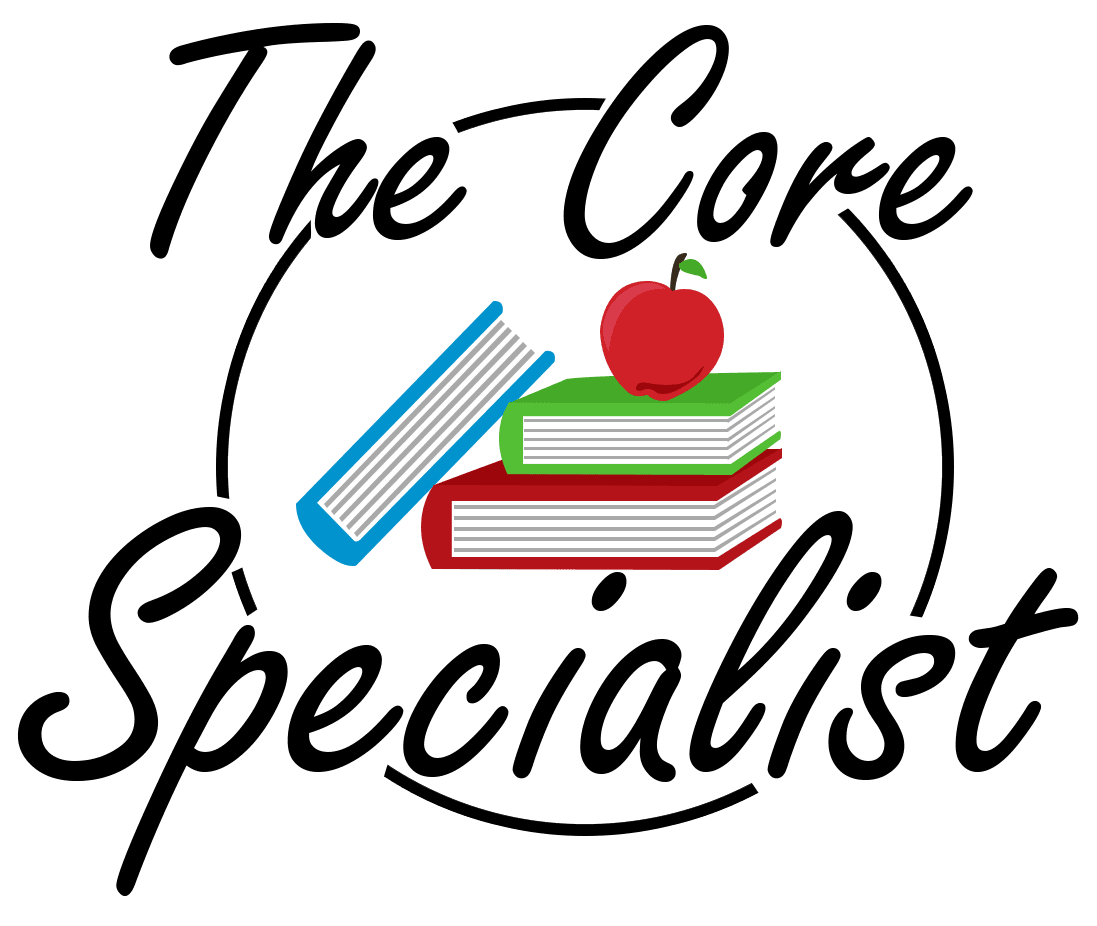
Learning mathematics requires constant practice and reinforcement. Consequently, this raises the question: what is the best approach for helping students master math? Is it through repetitive math drills or intentional skills practice? In this post, we’ll explore the differences between math practice and math drills, and the benefits of each approach.
Math Practice
Consistent practice offers valuable benefits. For example, students can work through productive struggles, learn multiple problem-solving strategies, and develop both conceptual and procedural understanding. Additionally, intentional practice helps students reflect on how mathematics connects to real-world situations and apply learned strategies to more challenging problems.
Practicing mathematical skills is effective for encouraging critical thinking and building long-term mastery. Furthermore, it promotes active engagement and helps students see the relevance of math in everyday situations, which aids in scaffolding and deepening their understanding of mathematical concepts.
Math Drills
Many think math drills and practice are synonymous, but they are not. Math drills involve practicing skills repetitively, such as memorizing basic math facts or solving simple equations quickly. While drills reinforce basic concepts and improve rote memorization, they do not promote deep conceptual or procedural understanding. However, they are useful for developing automaticity, which is crucial for fluency in mathematics.
Which is More Beneficial?
Both approaches play an integral role in learning math. Math drills help build automaticity, while math skills practice promotes a deeper understanding of concepts, critical thinking, and problem-solving. Therefore, the key to mathematical success is balancing both methods to promote mastery. Combined, drills and practice produce mathematical fluency and competency—a win-win.
How to Incorporate Intentional Math Practice in Your Classroom
Daily skills practice is essential for student proficiency. Reinforcing previously taught skills builds confidence and understanding. Here are some suggestions for incorporating practice in your classroom:
- Daily Math Skills Practice Sheet: Regular practice builds fluency, helps identify strategies, and encourages perseverance.
- A Dedicated Math Practice Time: Designate a specific time each day for practicing skills to encourage discussion and justification of thinking.
- Math Centers: Provide hands-on activities for individual or group learning to build conceptual understanding and expose students to various concepts and strategies.
- Small Group Instruction: Create groups based on student needs and provide differentiated instruction focused on those needs.
- Homework: Assign homework that scaffolds challenging skills or reinforces new concepts.
In conclusion, both math drills and math practice are essential for mastering mathematics. Students need opportunities to use both approaches to improve understanding and build mastery. With consistent, intentional practice, students can progress towards academic success.
